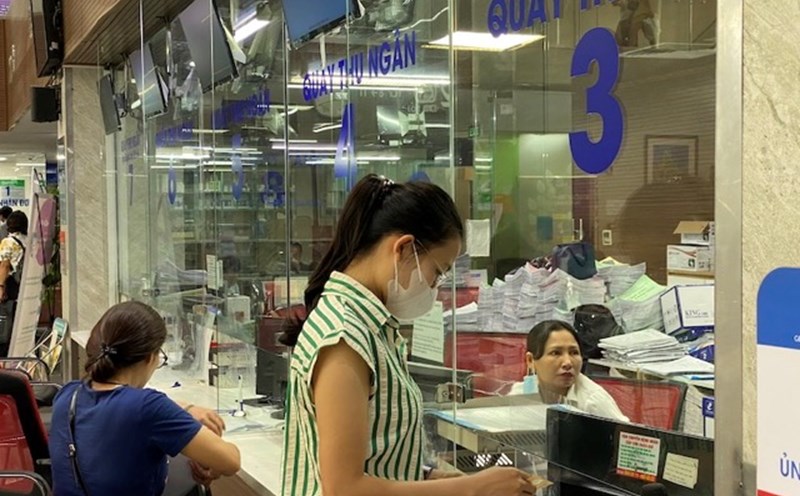A reader from Truong Thang One Member Co., Ltd. sent a question to the Ministry of Finance, citing Clause 6, Article 33, Law on Social Insurance 2024 stipulates: "In case in the first month of work or in the first month of work, if the employee quits work and receives sick leave for 14 working days or more, he/she must still pay social insurance (SI) for that month".
So how is "the first month of work or returning to work" understood? Is it the month when workers report a new increase at the enterprise? Is it necessary to look up the previous month whether employees have paid social insurance at another company or have participated in voluntary social insurance?
If "returning to work" includes a new increase, will maternity leave and unpaid leave be included?
Regarding the content of the question, Thanh Hoa Provincial Social Insurance replied as follows:
According to the provisions of Clause 6, Article 33 of the Law on Social Insurance 2024; Point a, Clause 1, Article 6 of Circular No. 12/2025/TT-BNV dated June 30, 2025 of the Ministry of Home Affairs detailing a number of articles of the Law on Compulsory Social Insurance, the first working month is the first month of work for employees and is subject to compulsory social insurance as prescribed; the month of participating in compulsory social insurance is the month of participating in social insurance again after employees terminate their labor contracts, work contracts or quit their jobs as prescribed by law.
The current law on social insurance does not stipulate that maternity leave and unpaid leave are the month before the employee returns to work.











